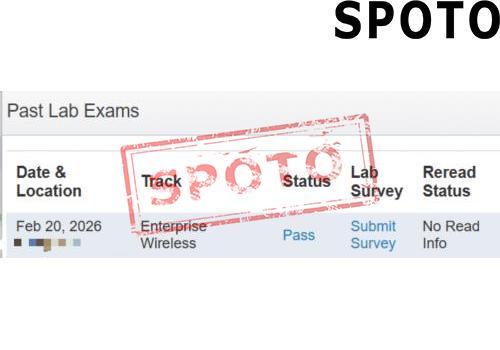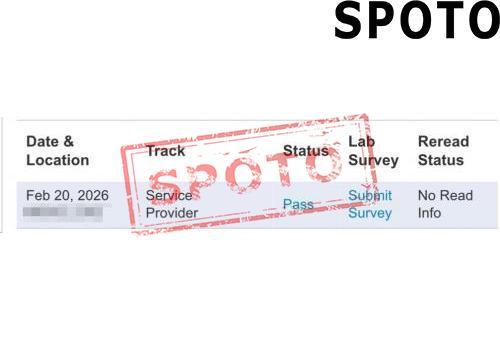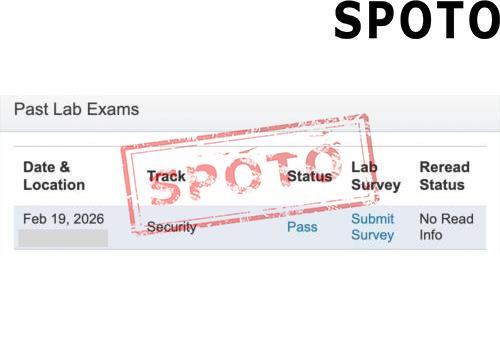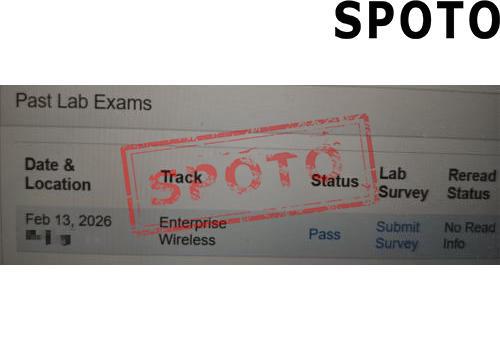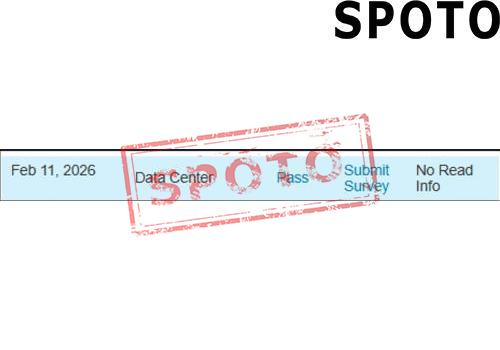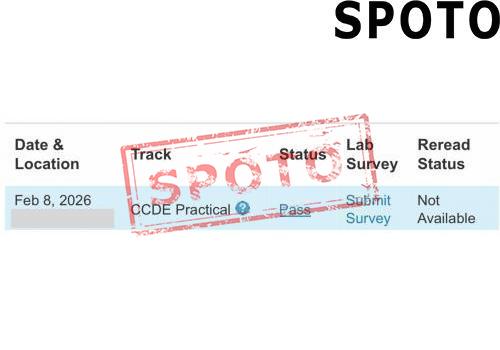
Table of Contents
1. What is a Technical Consultant?
A technical consultant is an expert in a specific field who can provide important guidance in solving technical or network problems that may arise. As a technical consultant, you need to have knowledge about computer systems and technology so that you can answer questions, solve problems and help others at any time.
2. What does a Technical Consultant do?
The responsibilities of a technical consultant involve many aspects. First, they need to understand the software systems and technical architectures used by customers or companies, and provide professional advice on related technical issues. Secondly, given that technical consultants are often involved in software development, they must have an in-depth understanding of the company's information systems to ensure that the programs they develop can run efficiently and stably to meet user needs. In addition, they should also participate in the testing process to assist the testing team in verifying whether the product functions as expected and improve the overall user experience. During the testing process, technical consultants need to identify potential problems and risks, adjust the program when necessary, and propose feasible solutions to prevent the problem from recurring. Finally, they will use business intelligence tools to analyze data to provide key support for software optimization, product iteration, and future development.
3. Career Insights: Salary, Outlook & Related Roles
(1) Technical Consultant Salary
According to ZipRecruiter data on May 5, 2026, the average hourly wage for technical consultants in California is $59.68. The highest salary is $88.73 and the lowest is $15.42, but most technical consultants in California currently earn between $46.01 and $71.15. According to statistics from the glassdoor website, in the Los Angeles area of California, the annual salary of technical consultants is expected to be $123,532, with an average annual salary of $100,309. The above salary is for reference only. Due to differences in countries, regions and other factors, the specific salary will vary.
(2) Job Outlook of Technical Consultant
According to the U.S. Bureau of Labor Statistics (BLS), the technology consulting field shows good prospects for future development. The BLS predicts that from 2020 to 2030, the growth rate of computer and information technology-related jobs will reach 11%, which is significantly higher than the average level of all industries as a whole. As companies increasingly rely on technical support and expertise in the process of updating their IT systems and software, this field is expected to bring a large number of job opportunities.
(3) Similar Occupations
- Solutions Architect
- Software Engineer
- Systems Engineer
- Business Analyst
- IT Consultant
- Solutions Architect
- Solution Engineer
- Network Engineer
- Network Consultant
- Cloud Consultant
- Cloud Engineer
4. What Are the Qualifications to Become a Technical Consultant?
(1) Obtain a Bachelor's Degree
When companies or organizations hire web developers, they usually require job seekers to have a bachelor's degree in information technology, computer science, or a related field. In addition, job seekers with a master's degree or career-related certifications are more likely to be favored by employers in their job search.
(2) Develop professional skills
First of all, Technical Consultants need to have a comprehensive skill level that combines technical expertise with business understanding. They should be familiar with various operating systems, network architectures, and cloud platforms (such as AWS, Azure, Oracle Cloud), and be able to use network tools such as Terraform or Ansible for infrastructure automation. At the same time, they need to master programming and scripting languages (such as Python, Bash), understand DevOps processes and CI/CD tools, and have basic database and information security knowledge. In addition to technical capabilities, Technical Consultants must also be good at analyzing problems and designing solutions, and have good demand analysis and project coordination capabilities. In terms of communication, they need to be able to present complex technical content to non-technical personnel in a clear and easy-to-understand manner, and have the ability to work in a team and collaborate across departments.
(3) Earn Industry Certifications
When applying for infrastructure engineer positions, it is helpful to obtain certain certifications as they can help you develop the key skills and knowledge required for the position and make your resume more noticeable to employers.Some employers prefer to hire candidates with experience in sales or a related technical field, such as IT strategy. CCIE Data Center certification demonstrates your advanced skills in planning, designing, deploying, operating, and optimizing complex data center networks. Boost your career as a technology consultant with the Cisco Certified Internetwork Expert (CCIE) Data Center certification.
5. Summarize
Technical consultants are experts in specific fields who can provide important guidance in solving technical or network problems that may arise. They usually require job seekers to have a bachelor's degree in information technology, computer science or a related field, and have a deep understanding of network basics. At the same time, it is also extremely important to have corresponding professional skills certification and practical experience, such as internship experience and CCIE Data Center certification.
